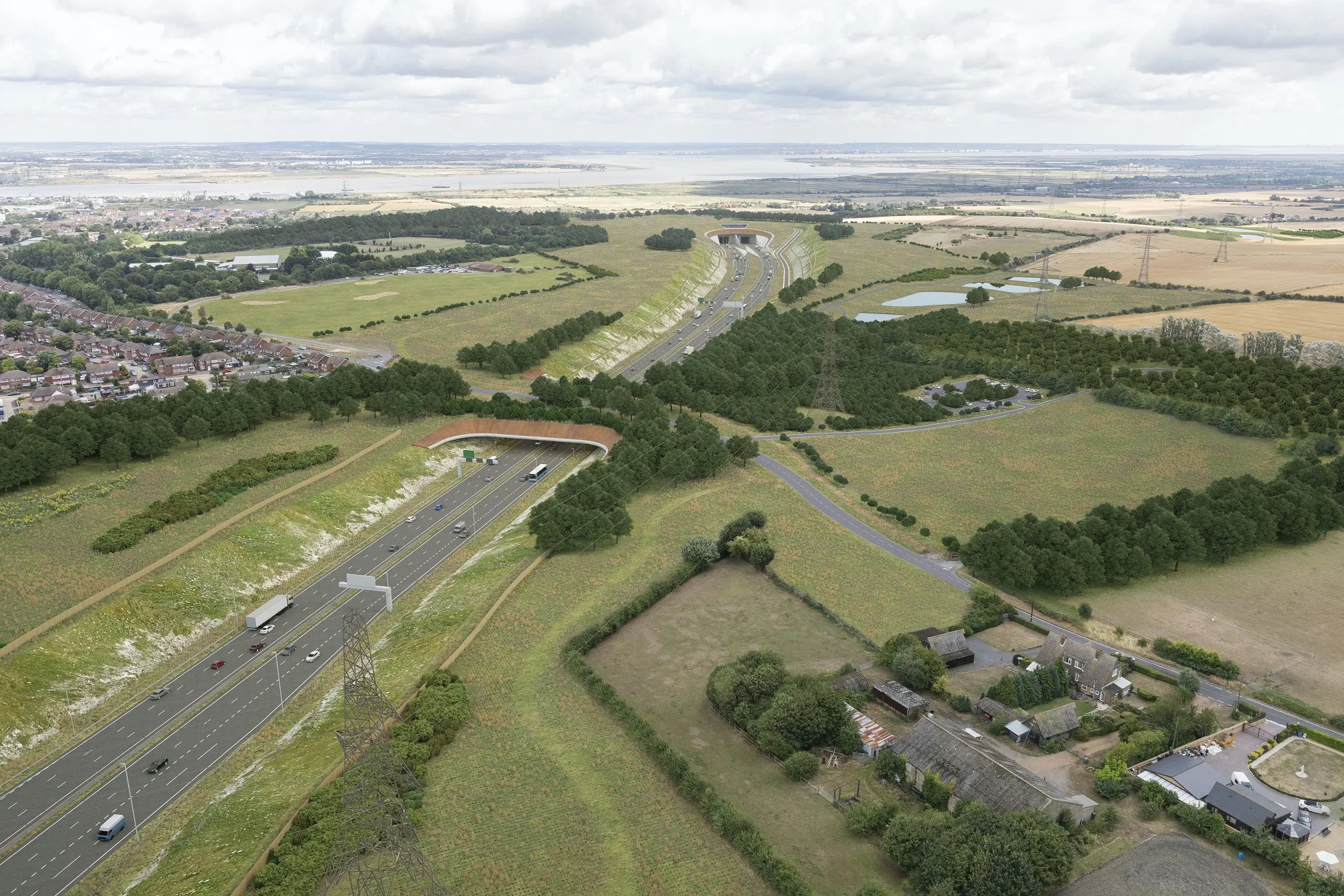Drivers say journey time is the most important factor to measure on England’s motorways and major ‘A’ roads, according to research published by Transport Focus, the transport user watchdog and the Office of Rail and Road (ORR), the monitor of Highways England.
The research, Measuring performance of England’s strategic roads: what users want, includes the views of drivers, cyclists, pedestrians and freight companies.
Drivers are most concerned with issues relating to journey time, which includes how
March 30, 2017
Read time: 2 mins
Drivers say journey time is the most important factor to measure on England’s motorways and major ‘A’ roads, according to research published by Transport Focus, the transport user watchdog and the Office of Rail and Road (ORR), the monitor of 8101 Highways England.
The research, Measuring performance of England’s strategic roads: what users want, includes the views of drivers, cyclists, pedestrians and freight companies.
Drivers are most concerned with issues relating to journey time, which includes how long it takes, how often you arrive when you expect to and avoiding wide variations in travel time for the same trip.
Safety is the focus for cyclists, pedestrians and equestrians, whether travelling along or crossing Highways England’s roads.
Highways England is preparing a range of measures to assess the performance of the road network in Road Period 2. Findings from this research have been shared with them to help with this development.
The research, Measuring performance of England’s strategic roads: what users want, includes the views of drivers, cyclists, pedestrians and freight companies.
Drivers are most concerned with issues relating to journey time, which includes how long it takes, how often you arrive when you expect to and avoiding wide variations in travel time for the same trip.
Safety is the focus for cyclists, pedestrians and equestrians, whether travelling along or crossing Highways England’s roads.
Highways England is preparing a range of measures to assess the performance of the road network in Road Period 2. Findings from this research have been shared with them to help with this development.










